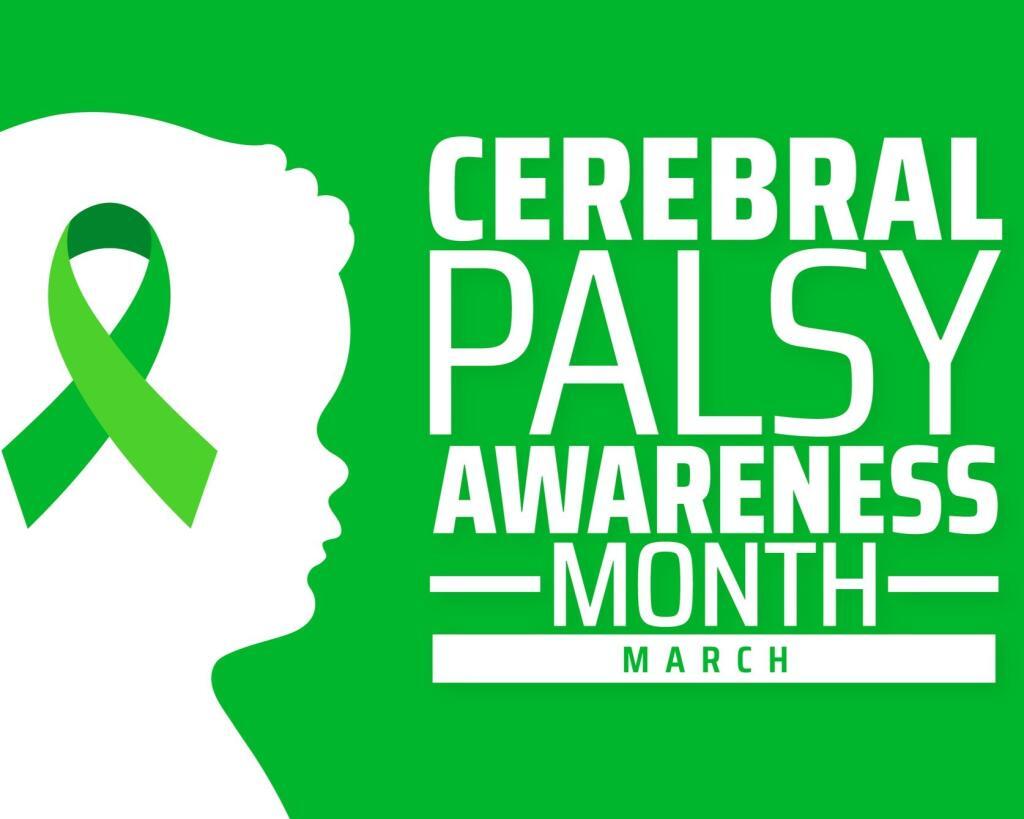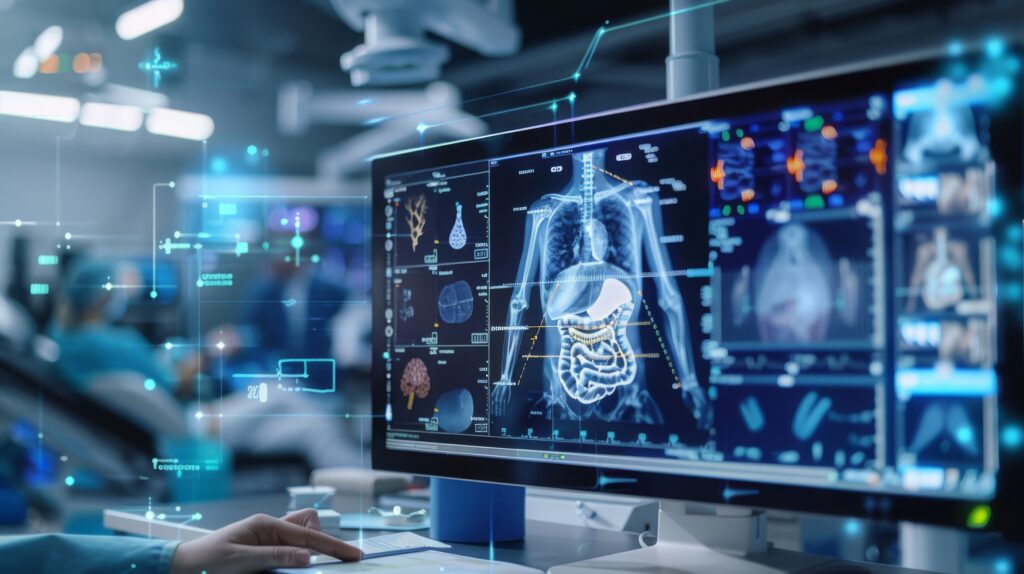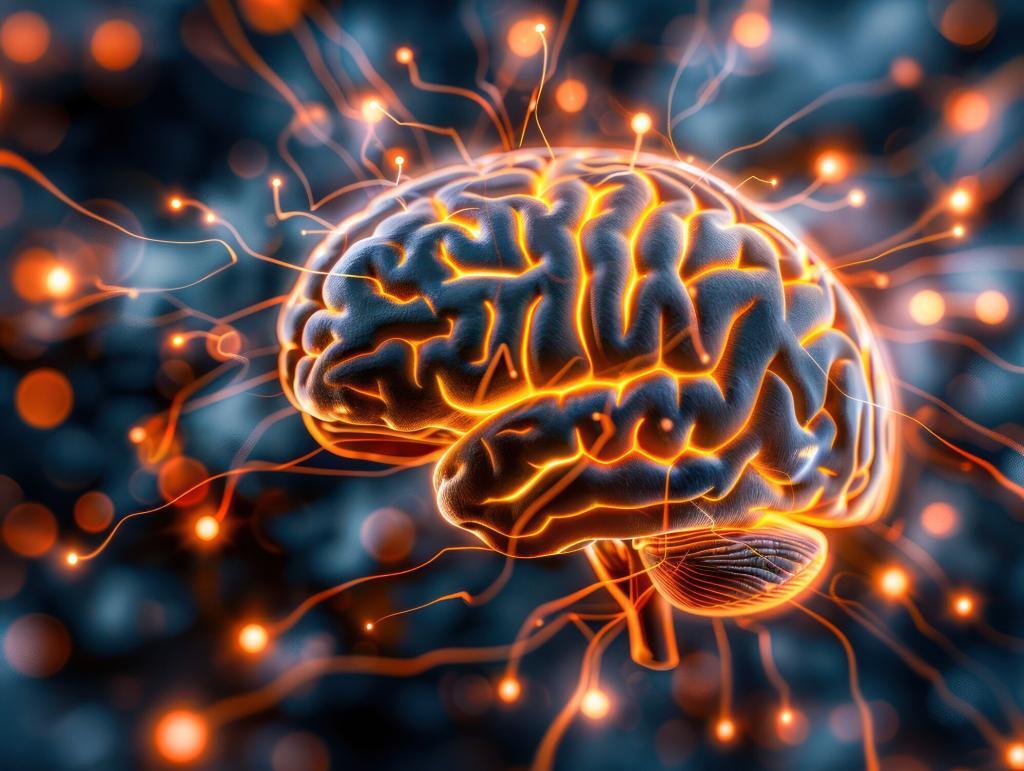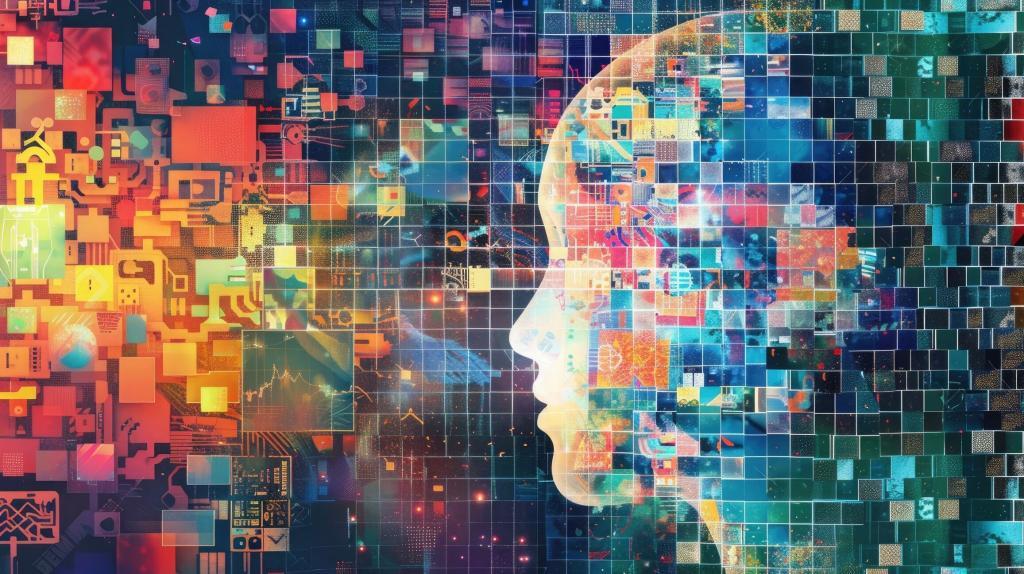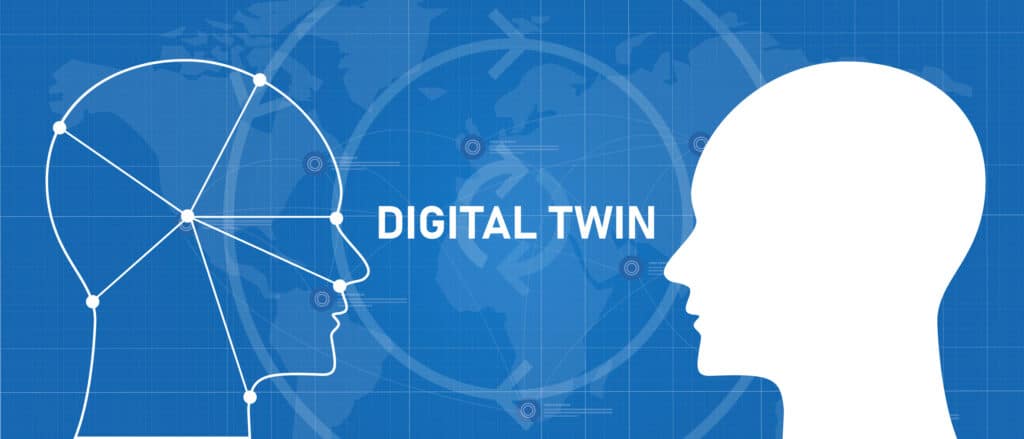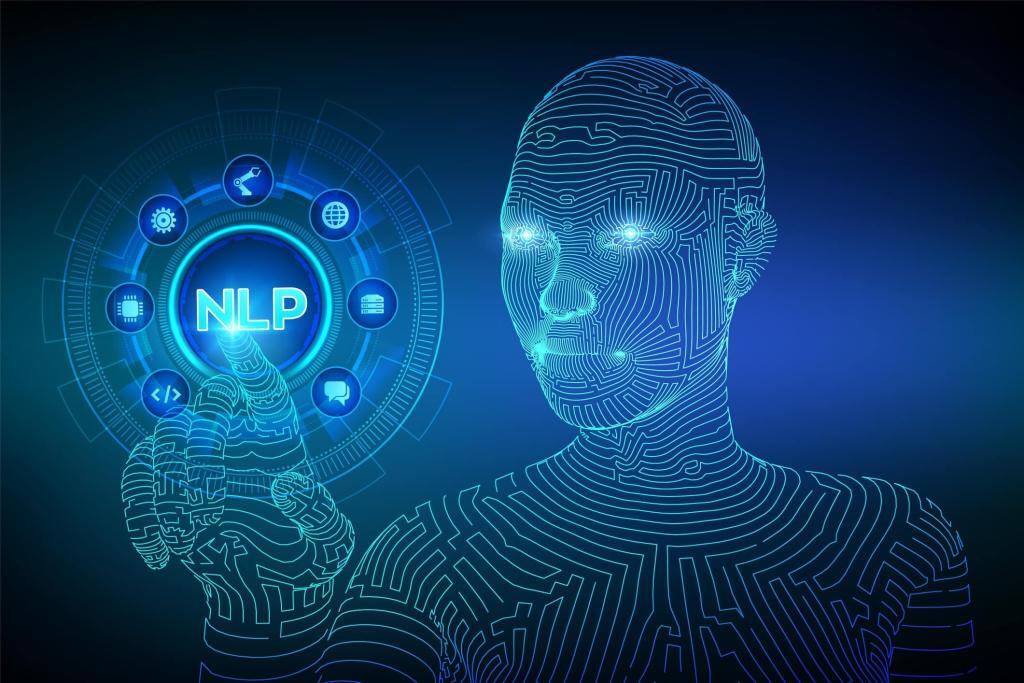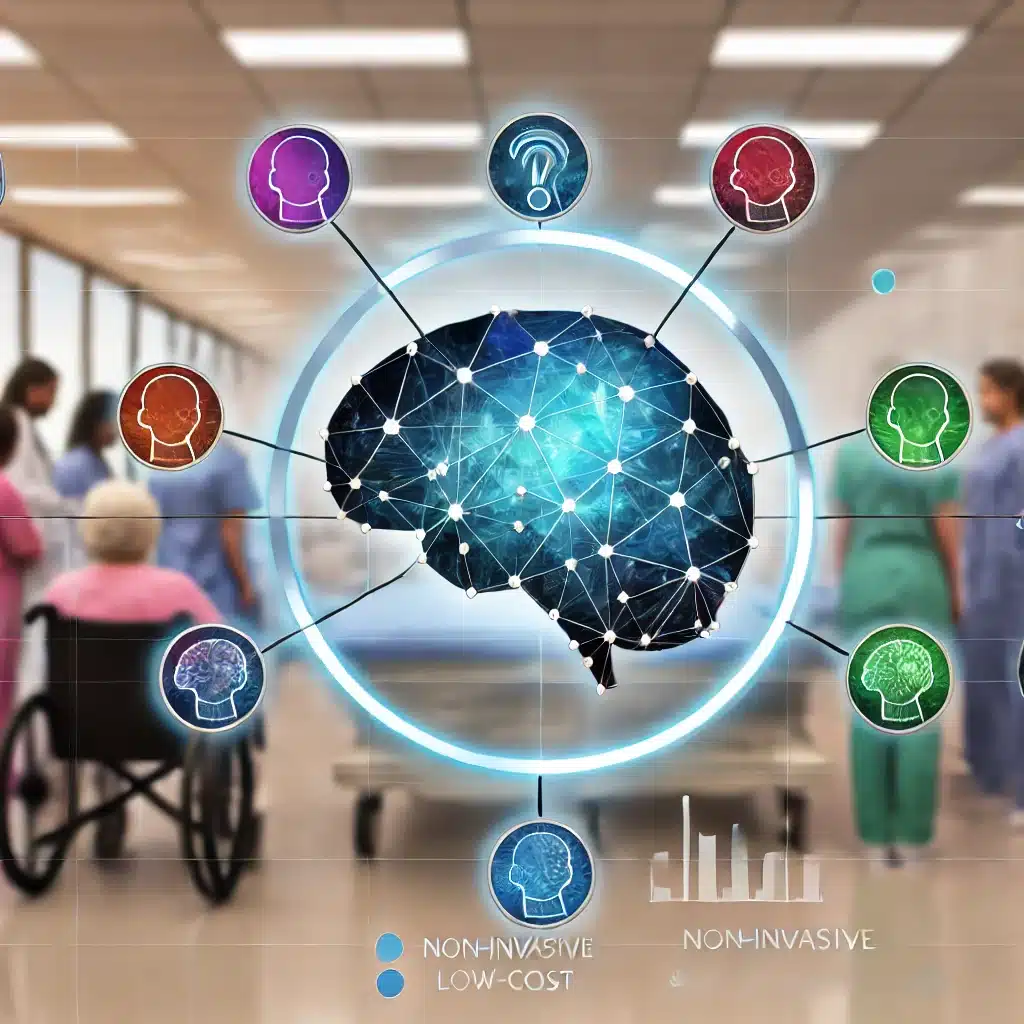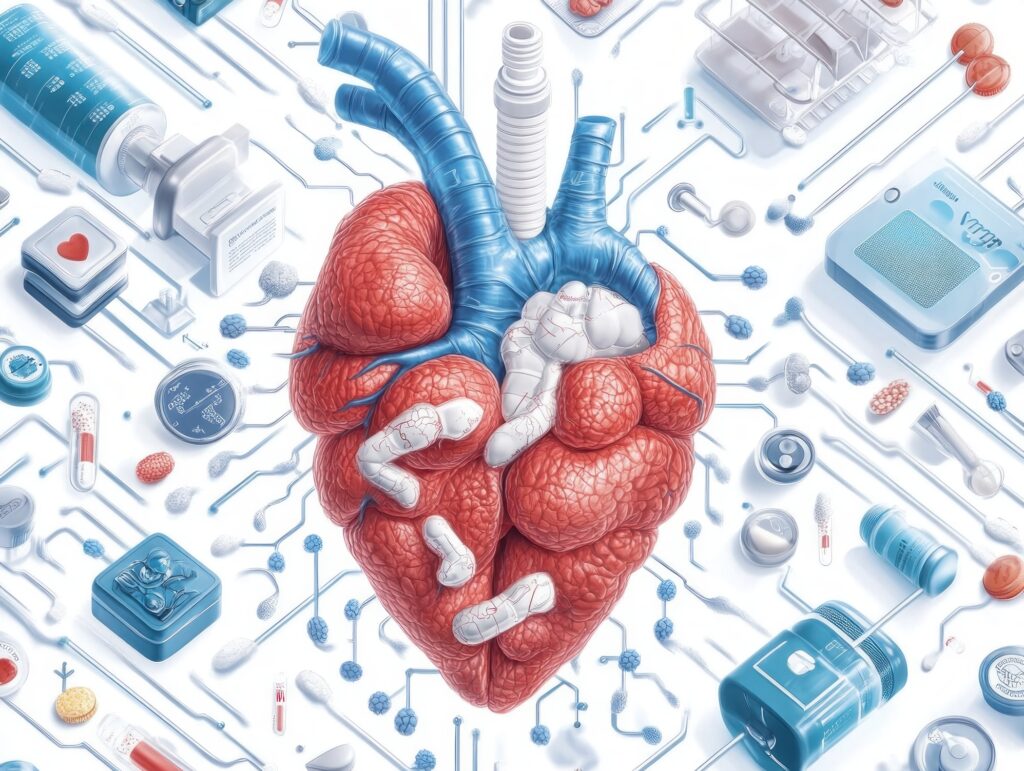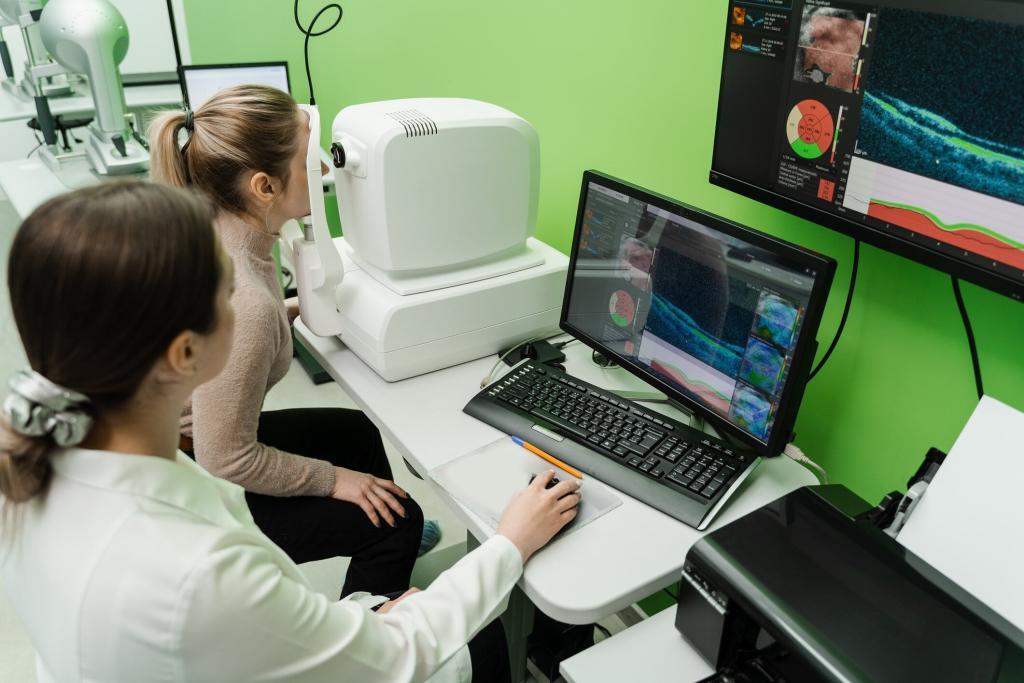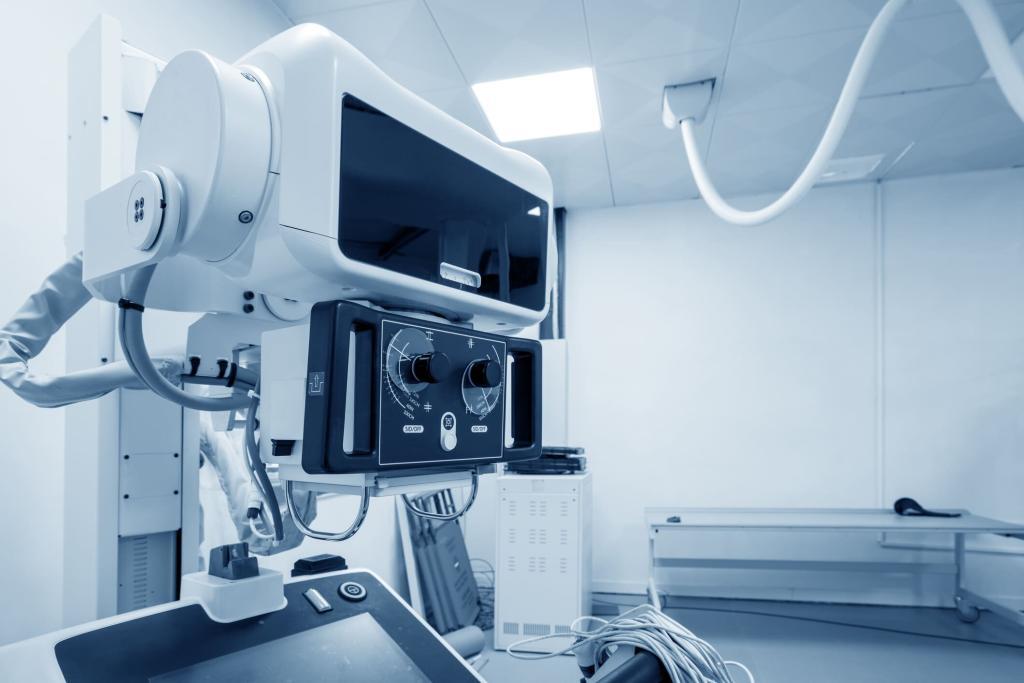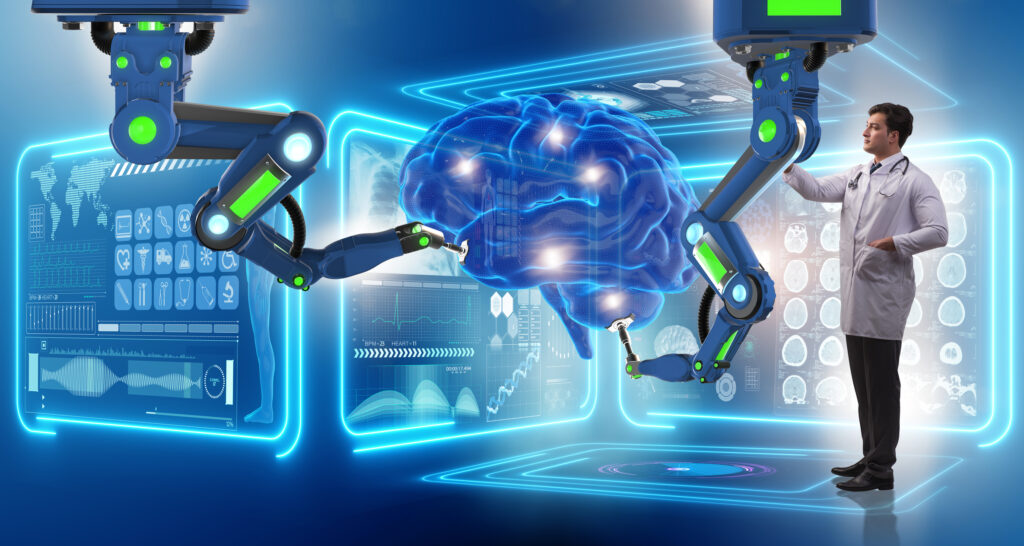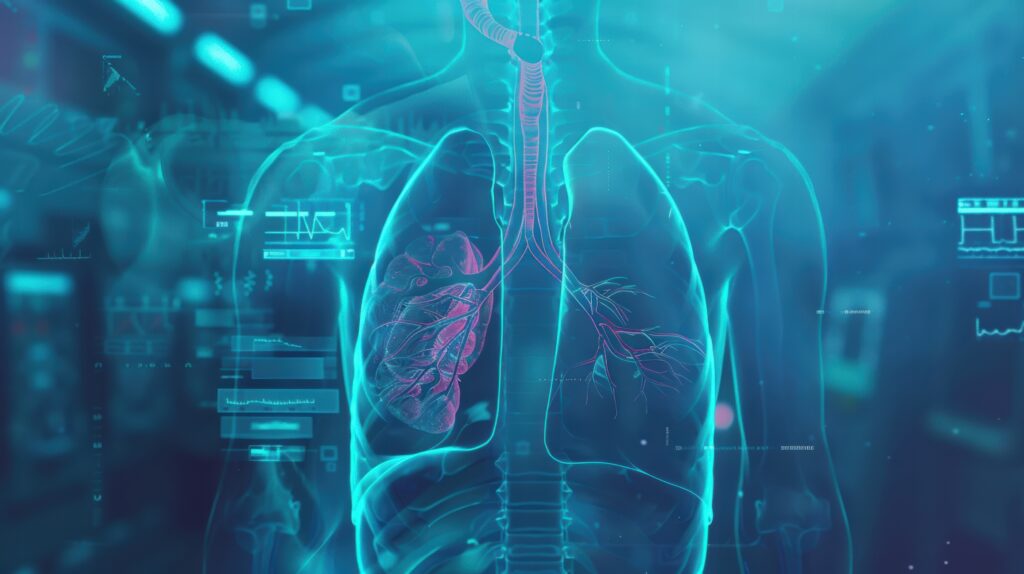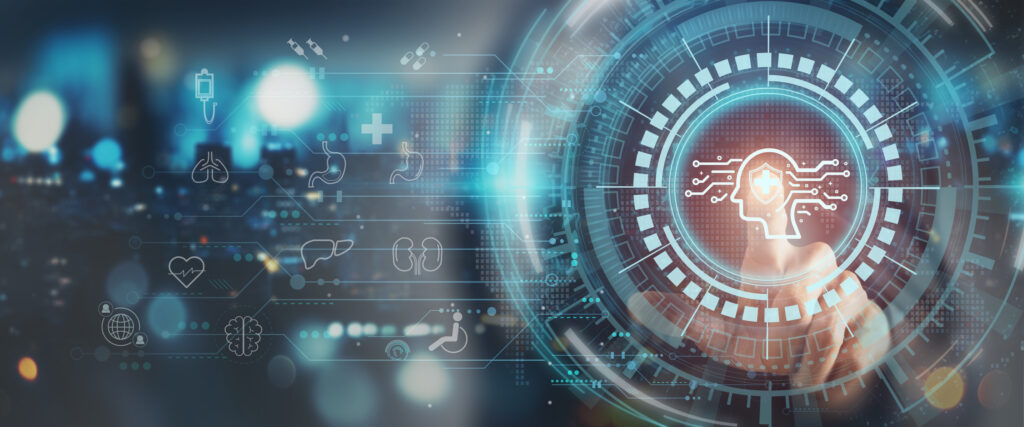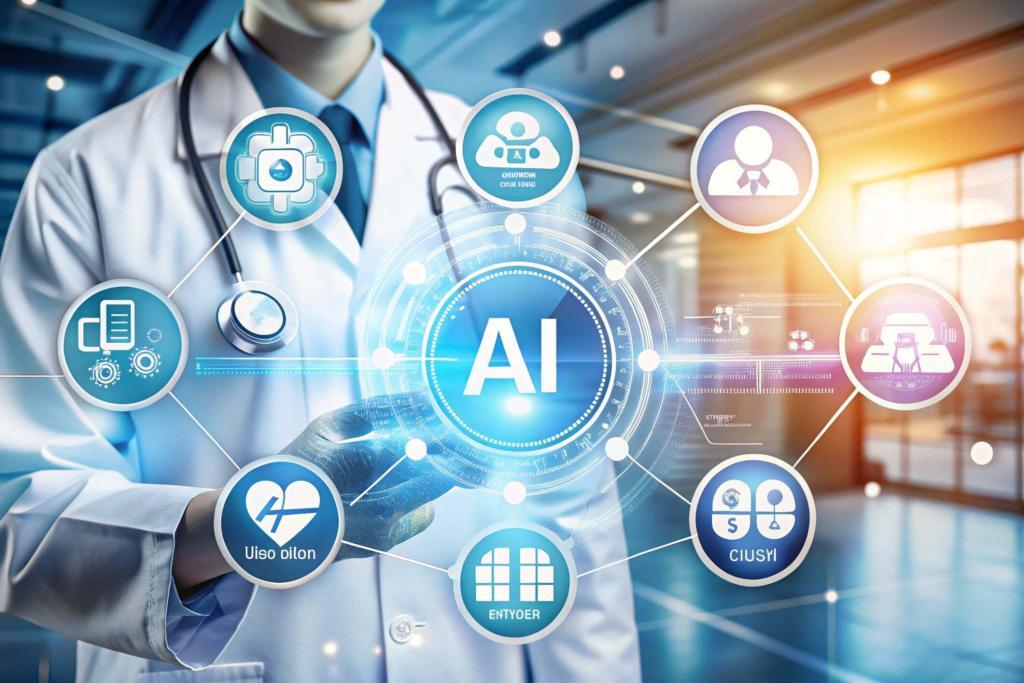Artificial Intelligence
Artificial Intelligence (AI) has revolutionised various industries by employing computational tools that emulate human intelligence to perform various tasks. At the heart of AI-driven software is database technology, the foundation for managing and processing vast amounts of information. In recent years, the healthcare sector has significantly benefited from the Big Data revolution, utilizing modern data sets and advanced algorithms to mimic human reasoning in analysing intricate medical data.
The primary objective of health-related AI applications is to examine the relationships between prevention or treatment techniques and patient outcomes. By doing so, these applications can identify patterns and insights that would otherwise be challenging or impossible for human analysis alone. In addition, AI algorithms can analyze vast amounts of data from various sources, like electronic health records, medical imaging, genomic data, and wearable devices. This data analysis provides valuable information that can help healthcare professionals make informed decisions for patient care and improve overall health outcomes.
One of AI’s most promising applications in healthcare is using machine learning algorithms for diagnosis and treatment. Machine learning, a subset of AI, involves training algorithms using large data sets to recognise patterns and make predictions. In healthcare, these algorithms can be trained to detect abnormalities in medical imaging, such as tumours or fractures, and predict the likelihood of a patient developing a particular condition or responding to a specific treatment.
Another significant application of AI in healthcare is precision medicine, which aims to tailor medical treatment to each patient’s individual characteristics. AI algorithms can help identify the most effective treatments and interventions for a specific patient by analysing genetic, environmental, and lifestyle data. This approach can improve patient outcomes and reduce the likelihood of adverse side effects from treatments.
AI is also being used to enhance drug discovery and development. By utilizing AI algorithms, researchers can rapidly analyze massive amounts of data related to molecular structures, biological pathways, and clinical trials. This can help identify promising drug candidates and streamline the drug development process, ultimately leading to more effective treatments and reduced costs.
Furthermore, AI can aid in managing chronic diseases by leveraging data from wearable devices and smartphone applications. By continuously monitoring patient data, AI algorithms can detect patterns and provide personalised recommendations to patients for managing their condition, potentially leading to better disease management and improved quality of life.
You are here:
home » artificial intelligence
.



